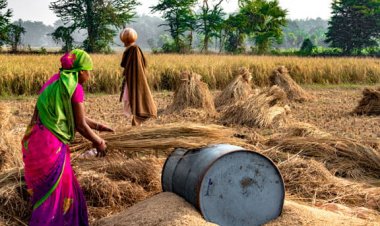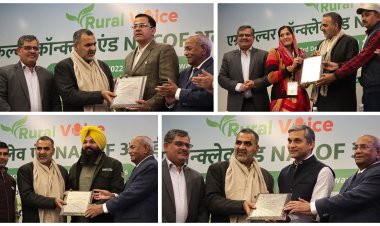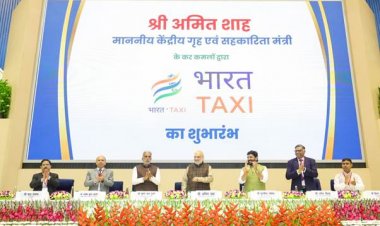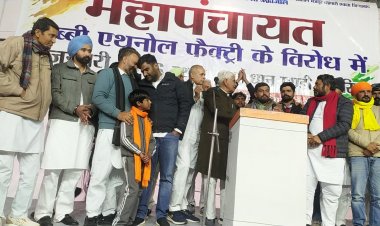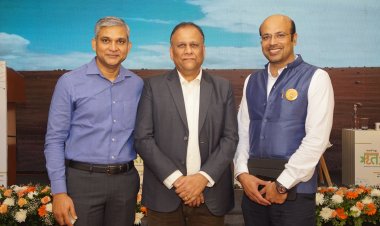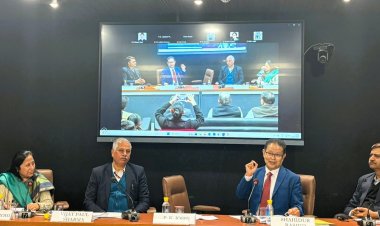Next Census to Be Held in 2027 with Caste Enumeration, Central Government Issues Notification
The central government formally notified the conduct of the next decennial census to be held in 2027, exercising its authority under Section 3 of the Census Act, 1948.
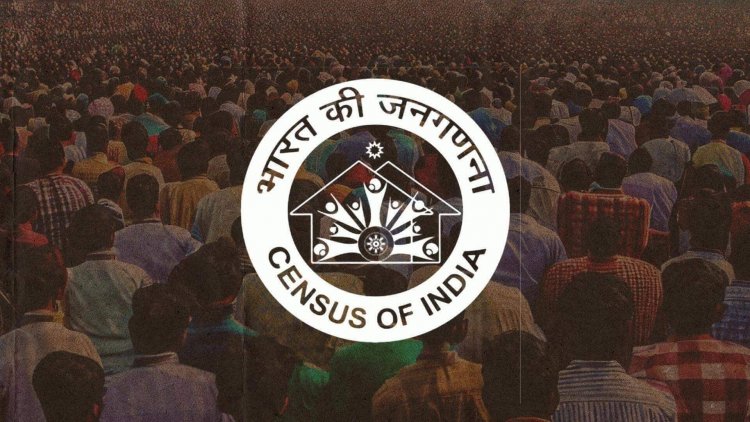
The Government of India has notified that the next population census will be conducted in 2027. According to the notification, March 1, 2027, will be the reference date for most parts of the country. However, in snow-affected regions like Ladakh, Jammu & Kashmir, Himachal Pradesh, and Uttarakhand, the reference date will be October 1, 2026. Notably, this census will also include caste-based enumeration for the first time since 1931.
According to the Gazette notification issued by the Ministry of Home Affairs, the exercise is being initiated under Section 3 of the Census Act, 1948, while cancelling the earlier notification issued in 2018. This will be India's 16th census overall and the 8th since Independence. The last census was conducted in 2011, while the 2021 census was postponed due to the pandemic.
Home Minister Reviews Preparedness
Union Home Minister Amit Shah chaired a high-level meeting in New Delhi to review preparations for the upcoming census. The meeting was attended by the Home Secretary, the Registrar General & Census Commissioner of India (RG&CCI), and other senior officials.
Caste Data to Be Collected
For the first time, citizens will be given the option to declare their caste. Amit Shah stated on X that the census will include caste enumeration for the first time. As many as 34 lakh enumerators and supervisors and around 1.3 lakh census functionaries will conduct the operation with cutting-edge mobile digital gadgets.
The inclusion of caste enumeration comes after consistent demands for a caste census from opposition parties. In April 2024, the central government officially announced its plan to include caste enumeration in the next census.
Census in Two Phases
-
House Listing Operation (HLO): Information about the condition of homes, facilities, and physical infrastructure will be collected.
-
Population Enumeration (PE): Data on individuals’ social, economic, cultural, and demographic backgrounds will be gathered.
Focus on Digital Census and Data Security
This will be India’s first fully digital census, with mobile applications being used for data collection. Citizens will also have the option for self-enumeration. Strict protocols will be in place to ensure data security during collection, transmission, and storage.
Impact on Delimitation and Women’s Reservation
The upcoming census will play a crucial role in the delimitation of Lok Sabha and Assembly constituencies. Based on the new population data, the process of redrawing electoral boundaries will begin. Following this, the 33% reservation for women in Parliament and state legislatures will be implemented.
There has been opposition from some southern states regarding population-based delimitation, as population growth in the south has been slower compared to the north. This could lead to regional tensions over political representation.
Why is the Census Important?
The census provides essential information on the country’s population size, economic conditions, education levels, health, employment, and access to basic services. It also gathers data on age, gender, language, religion, occupation, and place of residence. These insights are vital for policymaking, planning welfare schemes, and effective governance.
Who Conducts the Census?
The Office of the Registrar General and Census Commissioner, India (RGCCI), under the Ministry of Home Affairs, is responsible for conducting the census. The exercise is governed by the Census Act, 1948. India has been conducting censuses since 1872.



 Join the RuralVoice whatsapp group
Join the RuralVoice whatsapp group



















